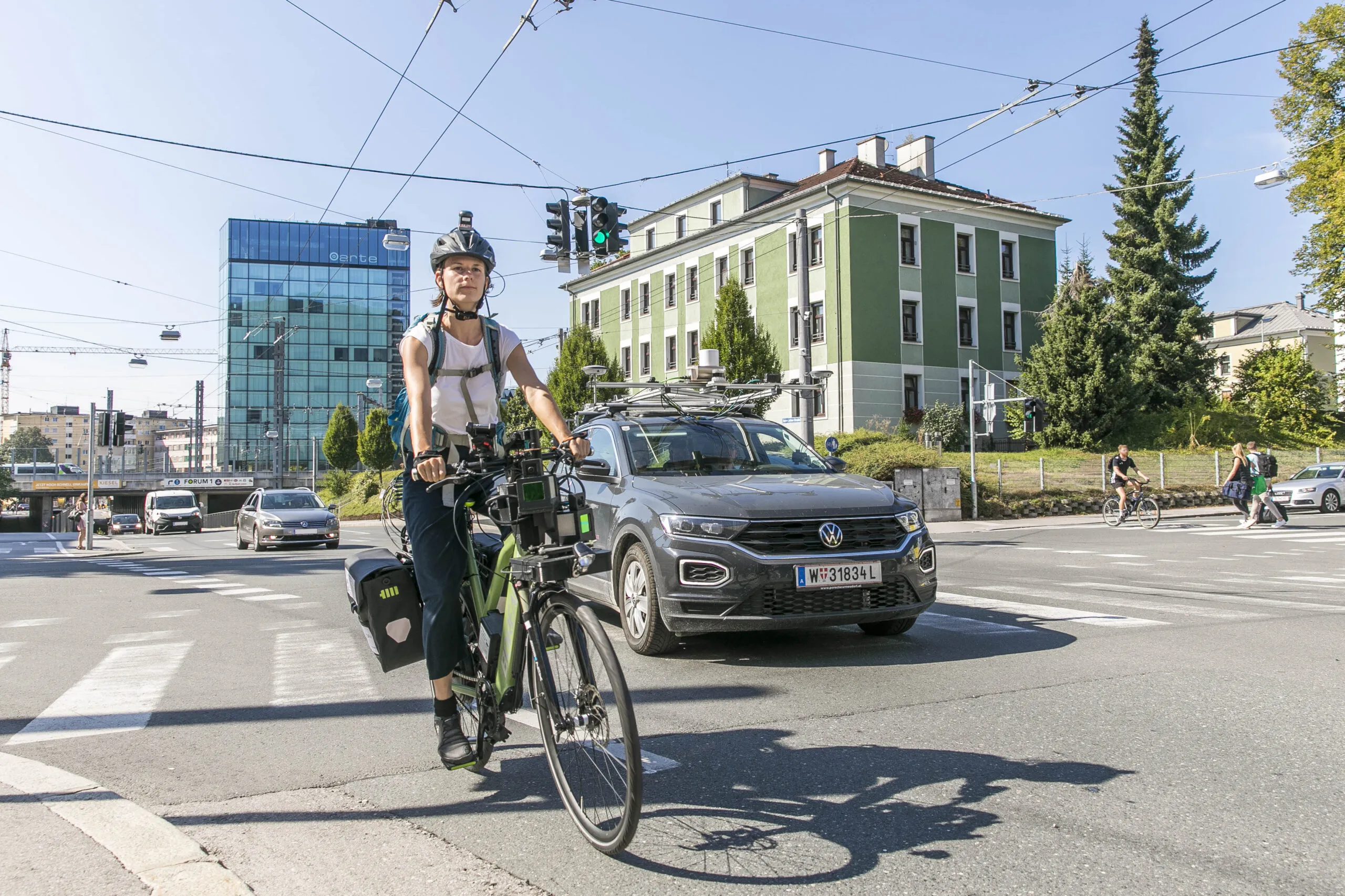The European Autopilot project, which aims to enable safer highly automated, has kicked off in Versailles, France with a public event attended by public authorities, industry, service providers, users and research institutes.
Financed by the European Horizon 2020 programme, internet of things (IoT)-enabled automated vehicles will be deployed at six pilot tests sites in France, Finland, Korea, Spain, Italy and the Netherlands. The pilot sites will generate data to evaluate the technical performance of th
February 7, 2017
Read time: 1 min
The European Autopilot project, which aims to enable safer highly automated, has kicked off in Versailles, France with a public event attended by public authorities, industry, service providers, users and research institutes.
Financed by the European Horizon 2020 programme, internet of things (IoT)-enabled automated vehicles will be deployed at six pilot tests sites in France, Finland, Korea, Spain, Italy and the Netherlands. The pilot sites will generate data to evaluate the technical performance of the Internet of Things to allow safer highly automated driving as well as to assess the socio –economic impacts.
The 43 partners of the Autopilot project’s consortium include information and communication technology stakeholders as well as automobile industry and research. They will test automated vehicles in their own regions using smart objects under real-life conditions in order to evaluate the benefit on technology, the economy and people.
Financed by the European Horizon 2020 programme, internet of things (IoT)-enabled automated vehicles will be deployed at six pilot tests sites in France, Finland, Korea, Spain, Italy and the Netherlands. The pilot sites will generate data to evaluate the technical performance of the Internet of Things to allow safer highly automated driving as well as to assess the socio –economic impacts.
The 43 partners of the Autopilot project’s consortium include information and communication technology stakeholders as well as automobile industry and research. They will test automated vehicles in their own regions using smart objects under real-life conditions in order to evaluate the benefit on technology, the economy and people.








